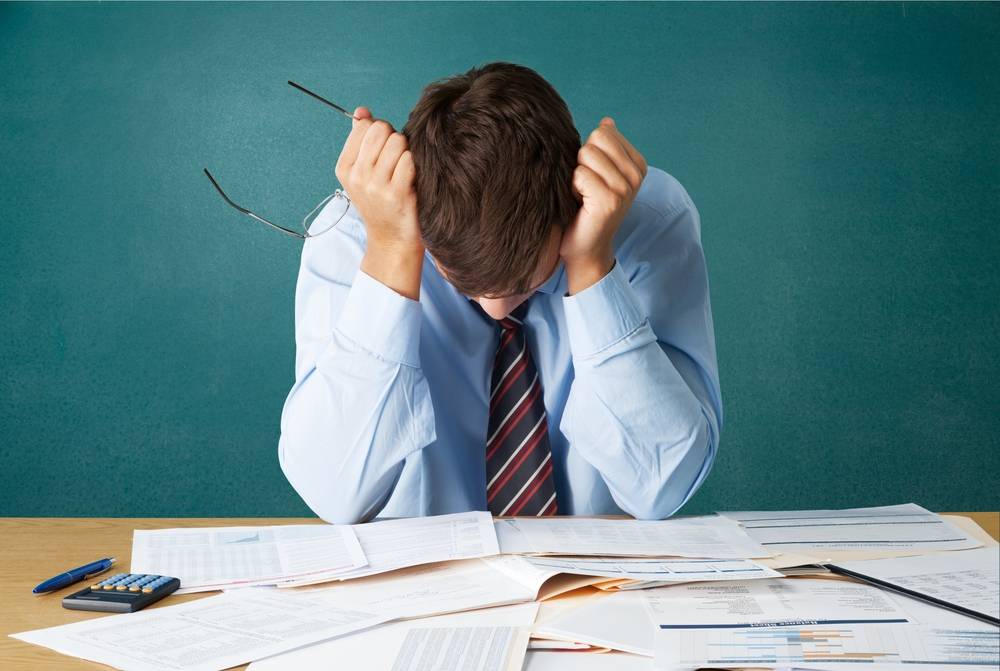Bankruptcy is a smart, legal, and effective way to wipe out a mountain of old debts. Yet, it still has a stigma that makes many people avoid it.
There are many reasons why people resist bankruptcy, but some are based on fiction rather than facts. Maybe you’re avoiding bankruptcy merely because of a mistaken impression about it, so let’s clear things up.
Assuming It Is Rarely Needed
If you think bankruptcy is rare, think again. Plenty of people file for bankruptcy each year — possibly including your friends and family, even if they didn’t tell you about it.
In recent years, just over 750,000 Americans per year have filed for Chapter 7, Chapter 11, or Chapter 13 bankruptcy. For some years, this figure has been as high as 1 million Americans per year.
Thinking Employed People Do Not Need Bankruptcy
Job loss is certainly one of the top reasons for choosing bankruptcy, but it’s not the only reason. Many people who file for bankruptcy are employed but are still struggling to manage their monthly payments.
Medical debt is a top reason. Other common reasons for bankruptcy include divorce, excessive use of credit, new illness or disability, failed business ventures, and unexpected life circumstances that create debt and/or lower the household income.
Fear of the Future
People sometimes avoid bankruptcy because they’re afraid it will prevent them from accomplishing their life goals. This isn’t the case at all. Life after bankruptcy could look much better than it does now.
Here are some positive things that happen during and after bankruptcy:
- Collection calls stop.
- Your bills become manageable.
- You have a clearer view of your finances.
- Your credit score starts to rise again.
- Your financial burden eases, and you get a fresh start.
Worrying About Your Credit Score
Although many people assume that bankruptcy will ruin their credit score forever, that’s not true. In some cases, your credit score will suffer temporarily as you go through bankruptcy, but if you’re already failing to pay your bills, your credit is taking a huge hit as it is.
When you opt for bankruptcy, your credit will be on the upswing within a few years. It may even occur much faster than that. Just months after filing for bankruptcy, many people find new credit card offers in their mailboxes because the credit bureaus are already reporting a better score.
Wanting to Buy a House
Contrary to popular belief, bankruptcy doesn’t ruin the dream of becoming a homeowner. During a Chapter 7 bankruptcy, you’ll likely be ineligible to get a home loan. But afterward, it’s a different story. Some people in Chapter 13 bankruptcy cases can qualify to purchase a home while the case is active.
Many mortgage lenders are willing to work with homebuyers who have previously been through bankruptcy. As long as you’ve continued to pay your bills while avoiding getting yourself deeply in debt again, you should be able to buy a house.
If you’re already a homeowner when you file for bankruptcy, talk to your bankruptcy lawyer about using a homestead exemption to keep your house. Exemptions protect certain property and prevent you from losing it during bankruptcy.
Preferring to Keep Things Private
Maybe you’re worried about filing for bankruptcy because you don’t want everyone gossiping about you. But bankruptcy isn’t as public as you might think. The days of publishing personal bankruptcies in newspapers are long gone!
Bankruptcies are public information, but it takes a specific search of courthouse records to find them. Your bankruptcy won’t be published on social media. In most cases, nobody knows about a bankruptcy unless you tell them about it.
High-Pressure Tactics from Creditors
Finally, we’d like to address fears that arise from creditor harassment. Creditors often put immense pressure on debtors, and they might even tell you half-truths or outright lies as a way of tricking you into making a payment.
Don’t let creditors pester you into believing payment is the only option. Bankruptcy uses the law to stop creditors from contacting you. If creditors continue contacting you during your bankruptcy period, they risk breaking the law and owing hefty fines.
Feeling Resistant to Bankruptcy? We Can Help.
If you still have questions and worries about filing for bankruptcy, please reach out to the team at Sawin & Shea. It’s normal to have these concerns, and we’d love to help ease your mind about the bankruptcy process and its potential benefits for you.
We have great compassion for people who are buried in debt. At Sawin & Shea, we offer a free video consultation so that it’s easy to clear up any questions you may have and get you on the road to financial recovery.
Sawin & Shea — Indianapolis Bankruptcy Attorneys
Filing for bankruptcy is not the end. It’s the beginning of a new financial life for you. The Indiana bankruptcy attorneys at Sawin & Shea can help you get rid of overwhelming debt and advise you on life after bankruptcy. We are here for you during this life-changing process.
Please do not hesitate to call us today at (317) 759-1483 or send an email for a free consultation. We are ready to help.



